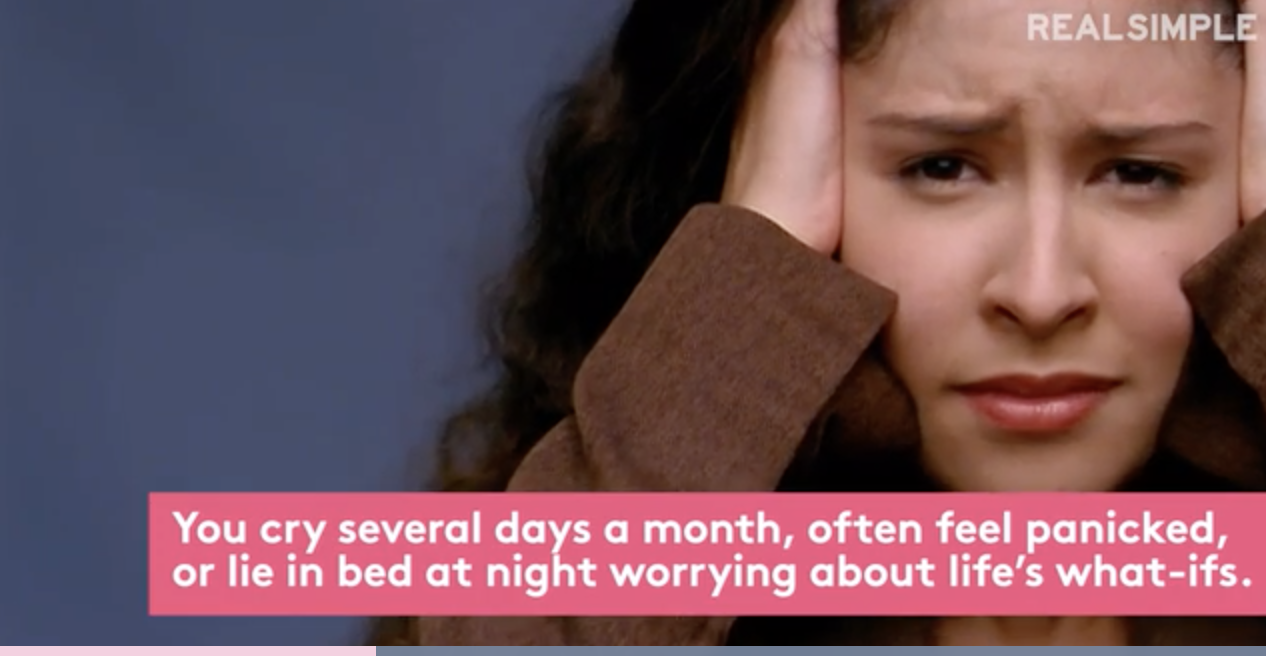4 Signs You Might Want to Give Therapy a Try
You could turn to a friend for advice. But you may want to keep your secret thoughts, well, secret. You could try talking to your doctor, but you might not feel comfortable unloading your emotions during a 20-minute office visit.
Or you could try therapy. Just 3 percent of Americans seek the help of a therapist, according to a 2010 study published in American Journal of Psychiatry. But far more could benefit from it, say the experts. “Many people equate therapy with serious issues, like clinical depression. But it’s good for so much more,” says Julie Nelligan, Ph.D., a psychologist in Portland, Oregon, and a former president of the Oregon Psychological Association. Talk-based treatment can enable you to work through specific issues, like marital woes or low self-confidence; navigate life transitions; and cope with a health condition that’s affecting you or a loved one. In fact, therapy can help you thrive in the face of just about any issue that’s troubling you.
With life’s constant and inevitable ups and downs, it’s easy to get into the habit of saying “It will pass” to problems that you could deal with more efficiently with a professional’s help. Real Simple asked Lynn Bufka, Ph.D., the associate executive director for practice research and policy at the American Psychological Association, to describe the types of concerns that therapy can best address.
1. I often feel overwhelmed or upset.
You cry several days a month, can’t look at your to-do list without panicking, or lie in bed at night worrying about life’s what-ifs. (Car crashes! Identity theft!)
2. I’m not enjoying life the way I would like to or used to.
You don’t travel because you’re afraid to fly, skip work because you can’t get out of bed, or fight with loved ones during what should be happy times. Maybe you feel you have nothing to look forward to and everything is blah.
3. I can’t seem to change.
Willpower and self-help tools haven’t made a dent in your efforts to ditch a bad habit or try something new.
4. Sometimes I feel as if I can’t breathe.
That sensation, along with a racing heart, sweaty palms, or a feeling that time has stopped, can be signs of a panic attack and/or serious anxiety.
Ready to take the next step? See how to find the right therapy for you.
Visit Link

